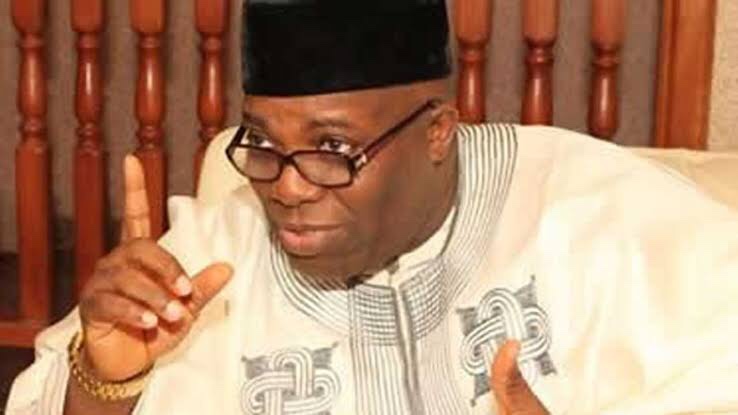By Doyin Okupe
Palliatives by definition are measures taken to relieve certain conditions without treating the cause.
As a Doctor, I have never liked the idea of palliatives, mainly because they are temporary and not long lasting.
However, in Nigeria’s lexicon, the word palliative has been assumed; even by experts to be the necessary accompaniment to subsidy removal.
Over the years, all palliative regimes by previous administrations have never achieved the desired results. President Tinubu, by succumbing to the pressures on palliative has done what every caring or listening president with empathy for his people should do and I think it is a commendable act and perhaps apt, but I dare say, may be of no effect for the following reasons:
Governors are partisan political leaders in their states and can only employ their existing political structures to distribute palliatives. So in a state governed by APC, members of PDP, LP, NNPP, etc will be excluded. And this goes vise versa for states controlled by PDP, LP etc Whereas, citizens in the state who are not part of the structure of any political party constitute about 70% of the population. They too, most certainly, will be excluded.
In my state, Ogun, with a population of between 5-6 million people, we will casually assume that 50% of this population (3 million) will constitute probably the adult population in the state.
From world bank statistics, a minimum of 70% of this 3 million (2 million) can be classified as living in abject poverty and deserving of palliatives from their government.
Out of the 5 billion given to the state – depending on the uprightness and commitment of the state governor, the cost of distribution can be anything from N250 million to N1 billion, leaving only 4 billion for the poor.
But for the purpose of this write up, I want to imagine an utopian situation where the entire 5 billion is placed at the disposal of the poor.
So in Ogun, and other states with similar population, each adult will receive N2,500 as once and for all palliatives – and for all time!
In truth, if we are to be honest to ourselves, this can do nothing to an average person or family.
A carton of indomie is more than N6000, a crate of egg, N2500. A tuber of yam, N2000. A small basket of tomatoes depending on the season is more than N6000, Sliced bread is N1,100.
These are the reasons why I feel palliatives in a largely populated country like Nigeria, where abject poverty is prevalent can not work, has never worked and will not work.
I know the President and his government are not freely disposed to going back on their decision on removal of petroleum subsidy, I will advice also that they don’t.
But in view of the unrelenting, strangulating pain that cuts across social classes, I will personally advice that the government reduce the subsidy and remove only 50%. This 50% that will be outstanding can thereafter be removed over the next 3 years.
In other to fund the 50% subsidy removed, government can send a supplementary budget to the national assembly of about N1 trillion to cover the remaining months in the budget year. This is on the assumption that the true subsidy is not more than N2 trillion in a year.
This N1 trillion can be sourced from the excess monthly accruable FAAC account as a result of the equalization of the dollar by the CBN on the forex market.
Lastly, subsidy is not the only problem of this economy. Because of the unprecedented inattention of the last administration to the management of the economy, the economy has become prostate.
And one of the ways to kickstart the economy, which must be considered along with the provision of subsidy will be to stimulate the MSME sector.
To date, SMEDAN statistics show that there are about 47 million registered SMEs in the country. About 50% of them (25 million) have a working capital of below N50,000. A government grant of N40,000 to each of the 25 million SMEs will cost only N1 trillion but it is the most potent instrument to stimulate the economy, increase the GDP, and possibly provide jobs.
The N1 trillion may not be made available at once but can be made available in phases over a period of time.
The Tinubu administration, for the next 1 year, has majorly 2 agenda.
- Fixing the economy.
- Combatting poverty.

